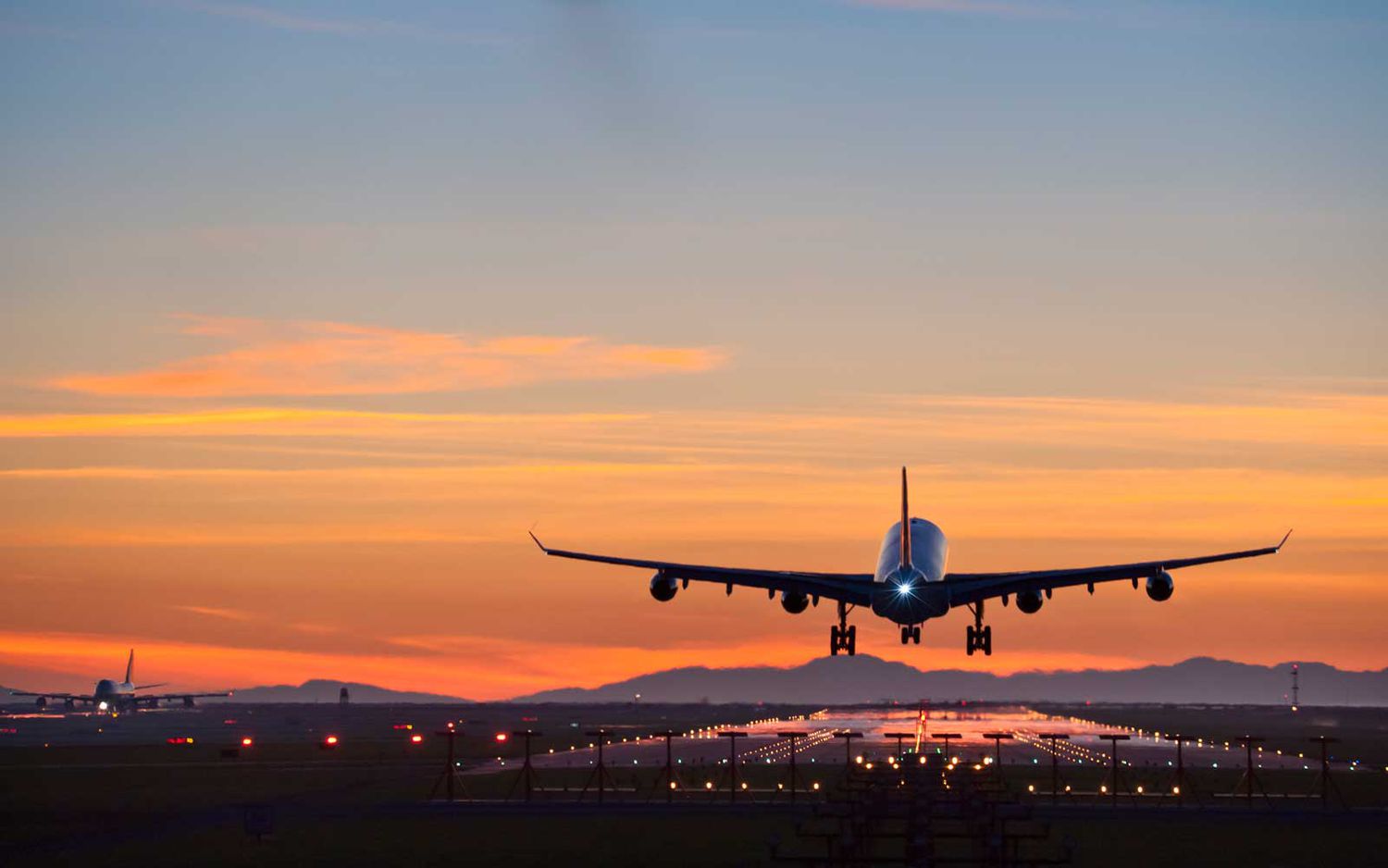Flight delays are an unfortunate reality of air travel, causing frustration and inconvenience for passengers worldwide. While delays can occur for various reasons, including mechanical issues and airspace congestion, adverse weather conditions such as thunderstorms often play a significant role. Understanding the causes of flight delays and passengers’ rights in such situations is essential for air travelers.
Causes of Flight Delays Due to Bad Weather
Adverse weather conditions, including severe storms, thunderstorm fronts, and ash clouds from volcanic eruptions, pose significant challenges to air travel. Severe weather events such as storms, hurricanes, and snowstorms can disrupt flight operations by creating unsafe flying conditions and reducing visibility. Thunderstorm fronts, common during summer months, bring heavy rain, lightning, and thunder, leading to flight delays and cancellations over large areas. Additionally, ash clouds resulting from volcanic eruptions can affect airspace, as demonstrated by the 2010 Eyjafjallajökull eruption, which caused widespread flight disruptions in Europe.
Impact of Thunderstorms on Aircraft
Thunderstorms present risks to aircraft due to lightning strikes, turbulence, and strong winds. While lightning strikes are relatively rare and aircraft are designed to withstand them, they can cause minor disruptions and require thorough inspections post-landing. Turbulence associated with thunderstorms can be discomforting for passengers but is typically manageable by pilots using modern flight support systems. However, strong winds generated by thunderstorms pose a more significant risk, potentially affecting aircraft stability and safety.
Passenger Rights During Flight Delays
In the event of a flight delay or cancellation due to adverse weather, passengers are entitled to certain rights under the EU Passenger Rights Regulation 261/2004. However, it’s crucial to differentiate between ordinary and extraordinary circumstances. Weather-related flight disruptions, such as thunderstorms, are considered extraordinary circumstances, absolving airlines of financial compensation obligations to passengers. Instead, airlines are required to provide care services, including meals, refreshments, and accommodations, depending on the length of the delay.
Maximizing Compensation Claims
While compensation may not be available for flight delays caused by bad weather, passengers can still maximize their entitlements by understanding their rights and documenting the delay. Keeping records of the delay duration, communication with airline staff, and expenses incurred during the delay can strengthen compensation claims. Additionally, passengers should be proactive in seeking care services from the airline and retaining receipts for reimbursement.
Conclusion
Flight delays due to bad weather are an unavoidable aspect of air travel, impacting passengers’ plans and causing inconvenience. While airlines are not obligated to provide compensation for delays caused by extraordinary circumstances such as thunderstorms, passengers have rights to care services and assistance during extended delays. By understanding their rights and taking proactive measures, passengers can mitigate the impact of flight disruptions and seek appropriate compensation where applicable.

